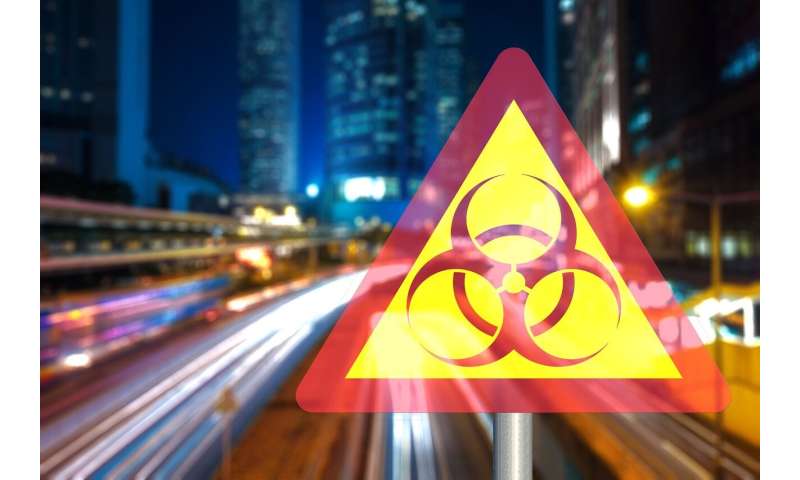
Potential accuracy issues with a widely used coronavirus test could lead to false results for patients, U.S. health officials warned.
The Food and Drug Administration issued the alert Monday to doctors and laboratory technicians using Thermo Fisher’s TaqPath genetic test. Regulators said issues related to laboratory equipment and software used to run the test could lead to inaccuracies. The agency advised technicians to follow updated instructions and software developed by the company to ensure accurate results.
The warning comes nearly a month after Connecticut public health officials first reported that at least 90 people had received false positive results for the coronavirus. Most of those receiving the false results were residents of nursing homes or assisted living facilities.
A spokeswoman for Thermo Fisher said the company was working with FDA “to make sure that laboratory personnel understand the need for strict adherence to the instructions for use.” She added that company data shows most users “follow our workflow properly and obtain accurate results.”
The FDA said one possible problem was related to the incorrect use of equipment that rapidly spins samples in preparation for processing. The agency’s letter tells lab workers to follow new instructions developed by the company for this step.
A second issue relates to the software used on Thermo Fisher’s testing platform. FDA said labs must upgrade the software to a new version.
Dr. Albert Ko of Yale’s School of Public Health said the potential accuracy problems have “pretty serious implications” given that Thermo Fisher’s test is used widely both in the U.S. and around the world to screen for coronavirus.
The FDA statement did not provide any details on how many test results may have been affected by the problem.
Lab tests are the backbone of U.S. screening for coronavirus, accounting for more than half of the roughly 750,000 tests developed daily. The tests look for traces of coronavirus’ genetic material in nasal swabs taken from patients.
Thermo Fisher’s test was granted emergency use by the FDA in mid-March. The test runs on a large, automated machine used in hospital, government and commercial labs to look for diseases such as HIV, hepatitis and flu.
Source: Read Full Article
